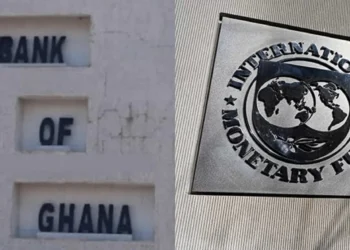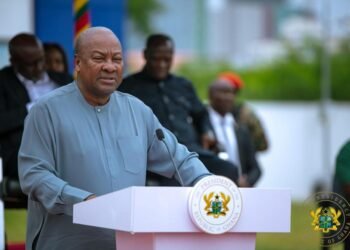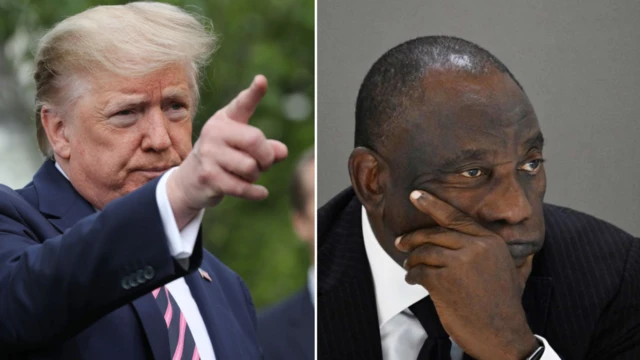Springfield Exploration and Production Limited (SEP), Ghana’s pioneering indigenous oil and gas company, has firmly denied allegations made in a petition reportedly submitted by Swiss-based Petraco Oil Company SA to the Economic and Organised Crime Office (EOCO).
The company described the claims as “false, unfounded, and entirely without merit,” and expressed grave concern over what it sees as a deliberate attempt to tarnish its reputation.
In a strongly worded statement, Springfield dismissed the recent media reports surrounding the matter, stressing that many of the publications have been based on unverified and misleading allegations.
“These publications, many of which rely solely on unverified allegations, have sought to cast doubt on Springfield’s integrity and imply wrongdoing where there is none.”
Springfield Exploration and Production Limited (SEP)

At the heart of the controversy is a $100 million facility agreement entered into by Springfield and Petraco on February 7, 2023. Under the agreement, Springfield provided security, including a charge over 10% of its issued shares.
However, Springfield clarified that Petraco only disbursed $50 million—the first tranche of the facility—while registering its interest in the full charge.
Springfield emphasised that prior to signing the agreement, Petraco and its external advisers had conducted extensive legal and technical due diligence on Springfield and its stake in the West Cape Three Points Block 2. “The agreement was signed only after Petraco confirmed satisfaction with the due diligence process,” the statement noted.
“This was, and remains, a straightforward commercial arrangement.
“Attempts to reframe it as a matter of criminality whilst it is being addressed in arbitration are not only misleading, but deeply damaging.”
Springfield Exploration and Production Limited (SEP)
Springfield highlighted that the issue is currently the subject of arbitration between the parties.
Attempt to Misrepresent Facts

The company further expressed dismay over what it termed as “opportunistic and self-serving” attempts by certain parties to misrepresent the facts for personal or corporate gain. It alleged that some media outlets have sensationalised the issue, opting for dramatic headlines instead of balanced reporting.
“While we acknowledge that some media organisations have engaged in good faith, others have unfortunately chosen to push a misleading narrative, amplifying baseless claims that threaten not just Springfield’s reputation but also investor confidence in Ghana’s upstream petroleum sector.”
Springfield Exploration and Production Limited (SEP)
Springfield underscored its longstanding commitment to transparency, ethical business practices, and Ghana’s broader national development agenda. It reiterated that it welcomes public scrutiny, provided it is based on facts rather than speculation or unfounded accusations.
“We remain committed to engaging constructively with the media and the public, and we trust that those reporting on this matter will do so with professionalism, fairness, and a genuine regard for the truth.”
Springfield Exploration and Production Limited (SEP)

However, the company also warned that it would not hesitate to pursue legal remedies against individuals or organisations who continue to disseminate defamatory statements or promote what it called Petraco’s “meritless and opportunistic petition.”
Analysts note that Springfield’s rebuttal is a decisive attempt to protect its reputation and reassure stakeholders at a time when Ghana’s energy sector is drawing increasing international attention.
The company’s operations in the West Cape Three Points Block 2 have been viewed as a critical component of Ghana’s upstream oil and gas growth story.
Industry watchers believe this latest dispute highlights the complex dynamics of financing in the petroleum sector, where disagreements between partners can quickly escalate into public disputes with potential reputational consequences.
As the matter proceeds to arbitration, stakeholders will be watching closely for clarity on the claims and counterclaims, which could shape perceptions of how business disputes in Ghana’s energy sector are resolved.
READ ALSO: Deloitte Ghana Charts Multi-Pronged Policy Path to Lock in Cedi Gains




















